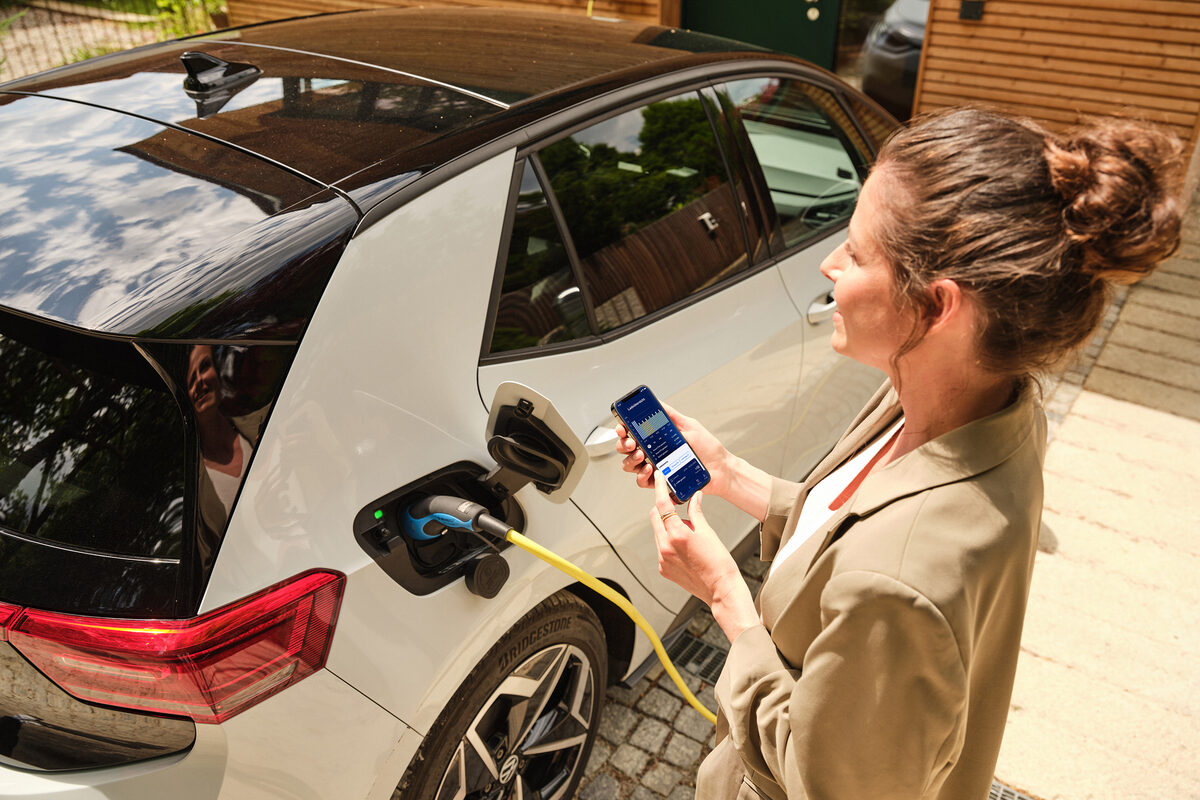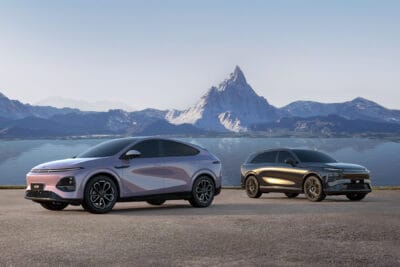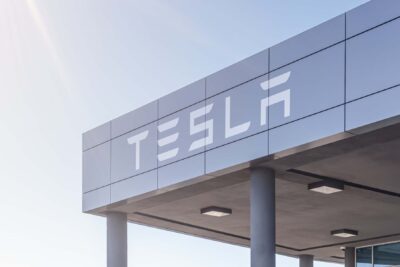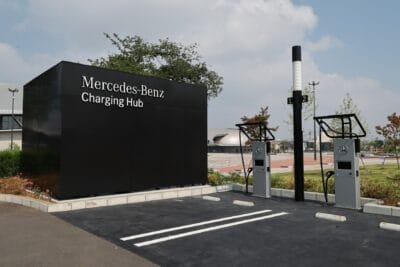The Mobility House turns charging flexibility into cash for EV drivers
The Mobility House (TMH) has been working on how the so-called charging flexibility of electric cars can be used without sacrificing user convenience. The core of the consideration is that electric vehicles spend more time in ‘park’ than on the road. Charging could thus take place when it makes sense from an electricity market perspective. Since EVs are essentially “a battery on wheels,” they could balance the fluctuating feed-in of renewable energies. According to the Munich-based company, they are even the “currently most promising reserve for the energy market” – even with uni- and not yet bidirectional charging.
TMH wants to match the fluctuating availability of renewable energies with the users’ charging needs, market the flexibility gained on the electricity markets, and pass on financial benefits to its customers. In the case of ‘eyond,’ the generated profit will make charging cheaper for end-consumers, while the flexibility will stabilise electricity grids and markets. According to the company, EV drivers could save up to 200 euros per year.
Flexibility as a new currency in the energy system
In concrete terms, TMH’s first market-ready V2G product schedules the charging processes for when renewable energies are available or even in surplus and the load in the electricity grid is otherwise low. However, customers always define their needs, i.e. the targeted state of charge and the departure time. The technology does the rest in the background.
According to Heiko Bayer, Chief Product Officer at The Mobility House, ‘eyond’ consists of three components: an app, a green electricity tariff for private households, and The Mobility House’s EV aggregation platform. Users first connect the free app to their EV. “The most important prerequisite is a compatible EV, as the eyond app communicates directly with the vehicle,” says Bayer. The system is currently supported by Audi, BMW/Mini, Seat/Cupra, Jaguar, Peugeot, Porsche, Skoda, Tesla, VW and Volvo. From next year, non-compatible vehicles can be integrated via various wallboxes.
Customers will then be able to define the minimum and maximum SoC and the departure time, among other things, via the app. Owners of PV systems can also use the app to optimise charging for self-produced solar power. “And that without additional hardware,” emphasises Bayer.
The second component of the new solution is a certified green electricity tariff from The Mobility House for private households. It is an “intelligent charging tariff that combines the price security advantage of classic tariffs with the savings potential of dynamic tariffs.” Every intelligently charged kilowatt hour is rewarded with 10 cents (The Mobility House is introducing a currency called FlexCoins for this purpose), meaning that “savings of more than 200 euros a year can currently be realised just by charging the electric car intelligently,” TMH estimates.
The third component and heart of the ‘eyond’ solution is The Mobility House’s EV aggregation platform. “This is our engine room, so to speak,” says Bayer. The company uses the platform to market the aggregated charging flexibilities of its customers in various electricity markets.
The company has been gathering experience in this field for seven years. More than 100 trial customers tested the product for eight months. Now comes the official market launch: the end-customer solution is available in Germany only and can be ordered via the ‘eyond’ website. ‘eyond’ will also be offered to third parties as a white-label solution, for example, to energy providers.
Translated by Carla Westerheide





0 Comments